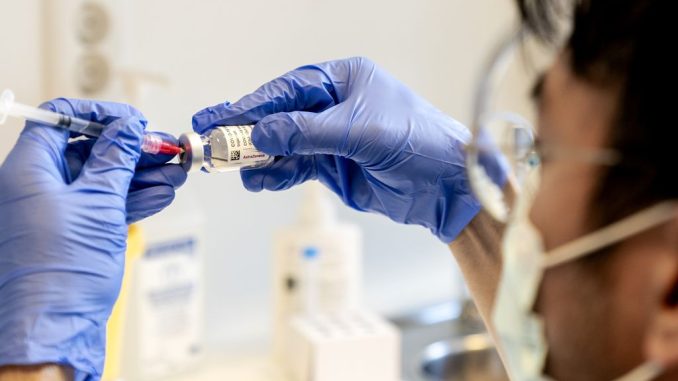
New AI tool predicts the risk of more than a thousand diseases
Scientists have developed a new AI system that determines how much risk you run to get a certain disease. The system can predict more than 1200 diseases, up to ten years in advance. European scientists have published the results in the Magazine Nature.
Delphi-2M, as the system is called, basically works the same as generative language models such as Chatgpt. Because medical events often follow predictable patterns, the AI model can predict health results based on those patterns.
Delphi-2M looks at the medical history of a patient such as the moment when the disease is determined in combination with factors such as age, gender and whether the person smokes or suffers from obesity. Based on this, it is assessed the chance that someone will receive diseases such as cancer, diabetes, heart disease or airway disorders.
For almost all diseases
Healthcare has long been using AI models that calculate the risk of getting a certain disease. The difference is that these tools do that for a single condition and not for almost all diseases, such as Delphi-2M is possible.
The AI is trained with anonymized data from 400,000 British. The reliability was then tested for the medical data of nearly 2 million Danish citizens. The results in both countries were comparable.
According to the scientists, the accuracy of the AI model is comparable to existing models that focus on one disease. Delphi-2M achieves an accuracy score of an average of 0.76, where 1.0 corresponds to a perfect prediction. For predictions in the longer term, for example for more than 10 years of today, the average score is 0.7.
The researchers say that in some cases diseases can even be predicted 20 years in advance. The system works best for disorders that have a predictable course of the disease, such as heart attacks and different types of cancer.
Change lifestyle
In some cases, the doctor’s advice on the basis of the AI model will not be worth mentioning to reduce the chance of a certain disease. Think more weight loss or quit smoking.
But the scientists think that for some diseases patients can change very specific things in their lifestyle to reduce the chance of the disease. Moreover, the technology could be used to determine which care hospitals should be pre -sorted in the coming years.
The scientists first want to test the system even more, including in other countries and with other population groups. They expect it to be ready for use in a few years.
Share article:

Be the first to comment